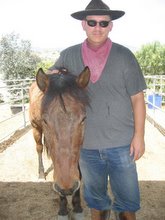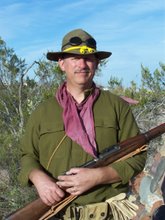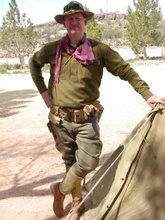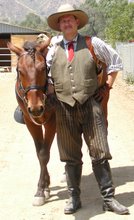
Today's leader of the day is Charles V, Holy Roman Emperor during the first half of the 16th Century. Charles V ruled over a large empire composed of many disperate pieces and had to constantly deal with threats on many fronts: the Ottoman Turks in the Mediterranean, France to the west, rebellious German princes, and the threat of the Protestant movement. In some cases, it was like herding cats.
Here's a brief overview, courtesy of Wikipedia:
Charles V (24 February 1500 – 21 September 1558) was ruler of the Holy Roman Empire from 1519 and, as Charles I of Spain, of the Spanish realms from 1516 until his abdication in 1556. On the eve of his death in 1558, his realm, which has been described as one in which the sun never sets, spanned almost 4 million square kilometers.
Charles V (24 February 1500 – 21 September 1558) was ruler of the Holy Roman Empire from 1519 and, as Charles I of Spain, of the Spanish realms from 1516 until his abdication in 1556. On the eve of his death in 1558, his realm, which has been described as one in which the sun never sets, spanned almost 4 million square kilometers.
As the heir of four of Europe's leading dynasties – the Habsburgs of Austria, the Valois of Burgundy, the Trastamara of Castile and the House of Aragon – he ruled over extensive domains in Central, Western and Southern Europe, as well as the various Castilian (Spanish) colonies in the Americas.
He was the son of Philip I of Castile (Philip the Handsome) and Juana of Castile (Joanna the Mad of Castile). His paternal grandparents were the Holy Roman Emperor Maximilian I and Mary of Burgundy, whose daughter Margaret raised him. His maternal grandparents were Ferdinand II of Aragon and Isabella I of Castile, whose marriage had first united their territories into what is now modern Spain, and whose daughter Catherine of Aragon was Queen of England and first wife of Henry VIII. His cousin was Mary I of England, who married his son Philip.

Charles' reign constitutes the pinnacle of Habsburg power, when all the family's far flung holdings were united in one hand. After his reign, the realms were split between his descendants, who received the Spanish possession and the Netherlands, and those of his younger brother, who received Austria, Bohemia and Hungary.

Aside from this, Charles is best known for his role in the Protestant Reformation[1] and the convocation of the Council of Trent.










No comments:
Post a Comment